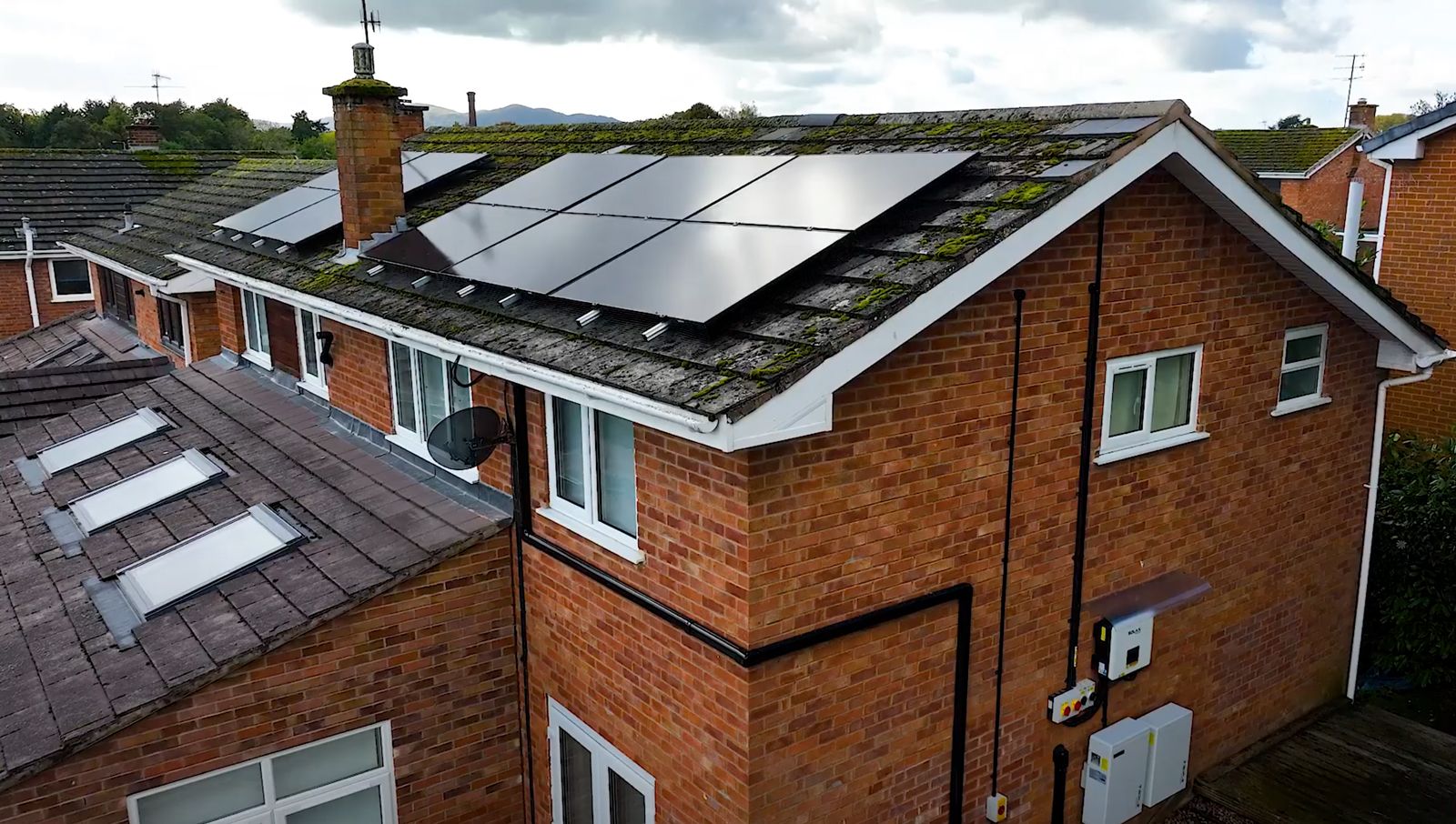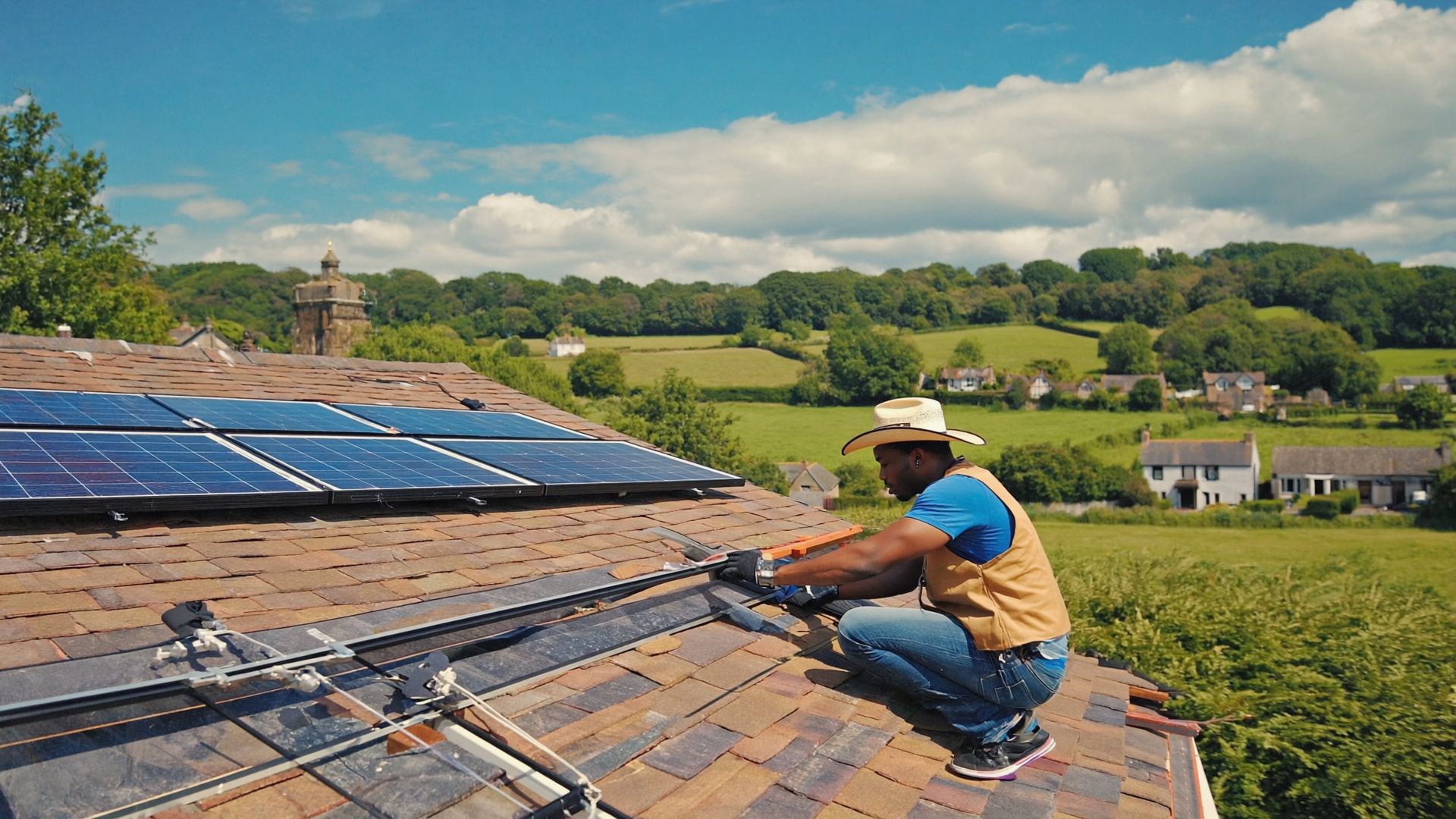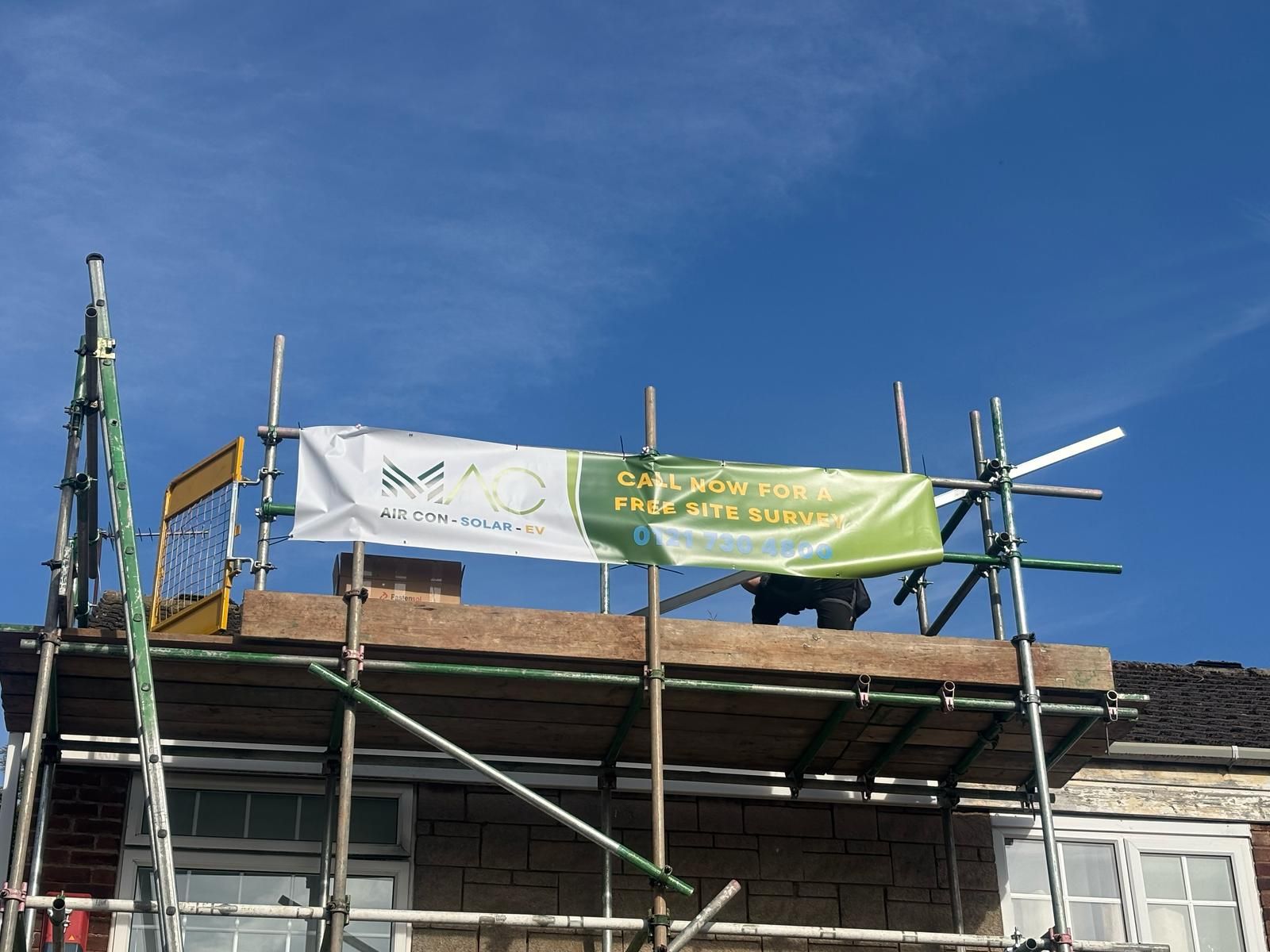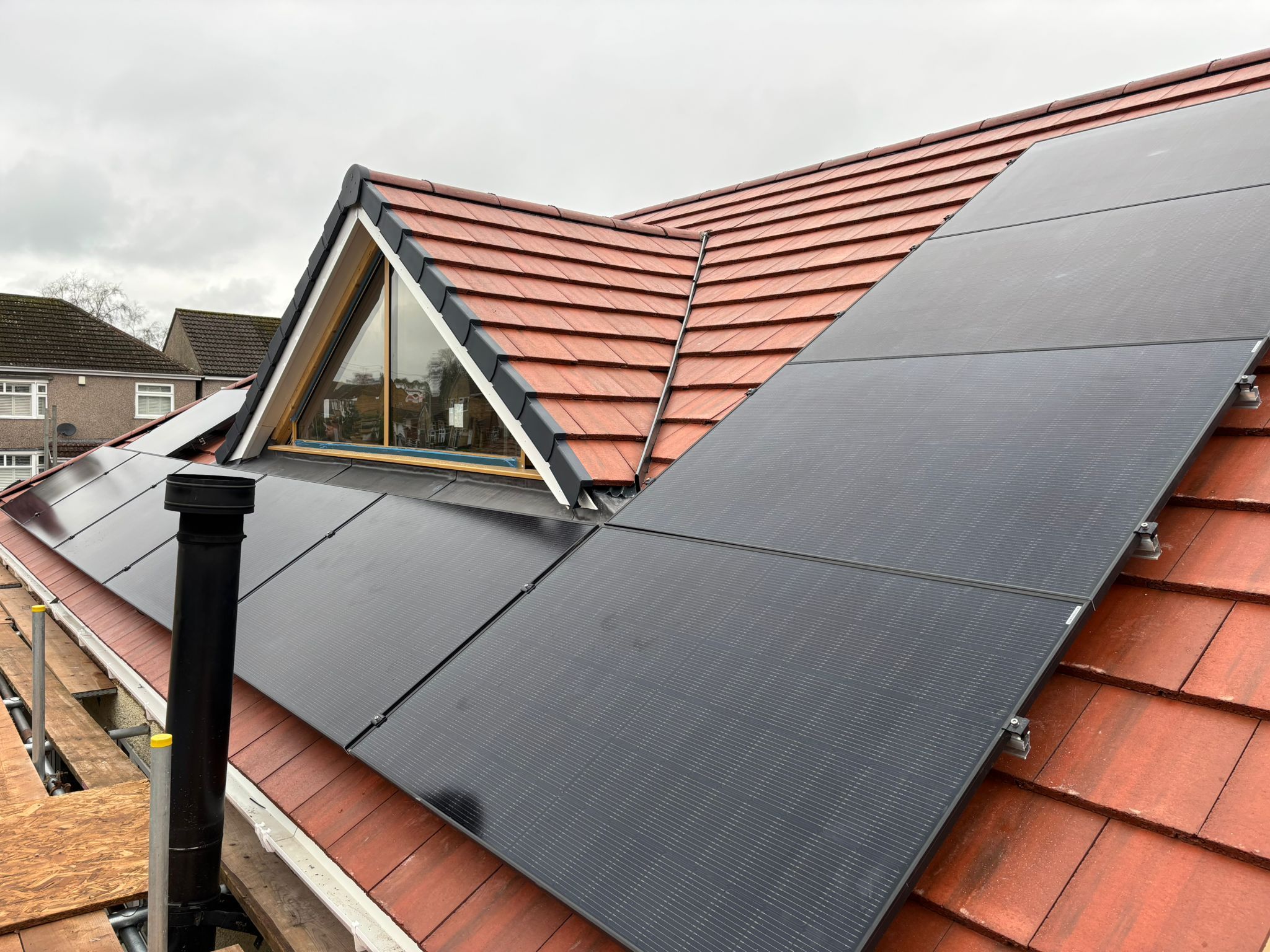A Beginner’s Guide to Home Solar Power
Why Are More Homeowners Going Solar?
Solar power used to be associated with remote living and off-grid cabins. But today, it’s increasingly being installed on grid-connected homes across the UK. Whether it’s to cut costs, increase resilience, or reduce environmental impact, solar is becoming a mainstream choice for homeowners.
Key motivations include:
- Protection from rising electricity prices
- Backup during outages when paired with batteries
- A more sustainable, low-carbon lifestyle
- Better control over energy use and storage
With solar, you’re not giving anything up—you’re just powering your home smarter.
How It Works: Core Components of a Home Solar System
A typical home solar system includes:
- Solar panels: These absorb sunlight and generate direct current (DC) electricity.
- Inverter: Converts DC into alternating current (AC) electricity used by your home.
- Mounting system: Securely holds the panels in place.
- Optional battery storage: Stores excess energy for use during evenings, outages, or when sunlight is low.
When connected to the grid, your system can feed surplus power back, potentially earning credit (see Net Metering below).
Battery Storage and Energy Security
Battery storage is becoming a game-changer for UK households. More homeowners are investing in batteries to ensure access to electricity during grid outages and to get more value from their solar setup.
Batteries:
- Provide backup power when the grid is down
- Let you store cheap, clean energy to use during peak hours
- Add long-term resilience to your home energy system
While battery technology adds cost, it enhances independence and peace of mind.
Net Metering Explained
If your system generates more electricity than you use, net metering allows you to send that energy back to the grid in exchange for credits. You then draw from those credits at times when your panels aren’t generating enough—like during winter or at night.
Net metering helps many homeowners aim for an annual “net zero” energy bill. Systems are typically designed to offset around 100% of your annual usage, accounting for seasonal variations.
What Does It Cost?
The good news: solar technology has dropped dramatically in price over the past decade.
Solar systems vary in price depending on your goals, property, and energy needs. A system can range from a few panels to a full-home setup with battery storage. At MAC Renewables, we offer high-performance bundled systems starting from just £5,565, including full installation (subject to site survey). One of our most popular packages includes:
- 1x Growatt MIN 3600 TL-XH 1ph Hybrid Inverter
- 1x APX HV 5kWh Battery Module
- 8x Jinko Tiger Neo 440W All Black N-Type Mono Panels
- Full installation by MAC Renewables
- Prices from £5,565
We’ll assess your home, roof orientation, and energy usage before confirming your final quote — but this gives a solid starting point for many 2–3 bedroom homes.
Typical UK Household Savings
The average UK household uses around 2,900 kWh of electricity per year. A typical 3.5 kWp solar system (about 8–10 panels) can generate approximately 3,000 kWh annually, which means:
- Electricity bill savings of up to £600–£900 per year, depending on usage patterns and export arrangements
- Households with battery storage can save even more by storing excess energy instead of exporting it
- Payback periods now often fall between 6 to 10 years, with systems lasting 25+ years
These numbers will vary based on roof direction, shading, usage habits, and local tariffs — but solar is becoming one of the most cost-effective home upgrades available.
Important VAT Update: 0% on Home Solar Installations
Now is one of the most financially attractive times to go solar in the UK. The government has introduced a 0% VAT rate on the installation of solar panels and battery systems for residential properties.
This policy is in place until 31 March 2027, after which VAT is expected to revert to 5%.
This means:
- No VAT on equipment or labour
- Savings of up to £2,800 on a typical system with battery storage
- More affordable entry into clean energy
This relief applies throughout the UK, including Northern Ireland, making it a great time to invest in your energy future.
Is Solar Right for You?
Most UK homes can benefit from solar—but success depends on the quality of the design, installation, and assessment. Factors like shading, usage patterns, and system sizing play a key role.
And while solar does require upfront investment, it’s a long-term asset that can lower your bills, improve property value, and reduce your carbon footprint for decades.
Final Thoughts
Solar is no longer a fringe option—it’s a practical, proven solution for the modern home. Whether you’re focused on savings, security, or sustainability, the combination of falling panel prices, increasing battery performance, and government-backed VAT relief makes now a great time to explore your options.
At MAC Renewables, we design systems built to last—tailored to your home, goals, and budget.
Thinking of making the switch?
Get in touch today for honest advice, smart design, and expert installation.



